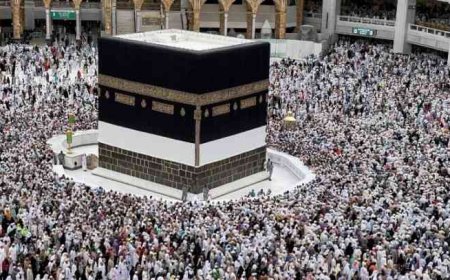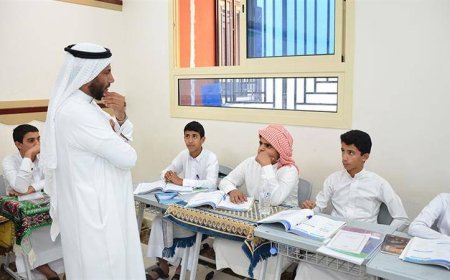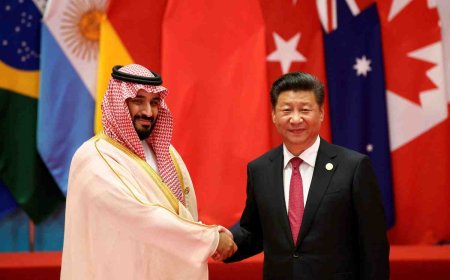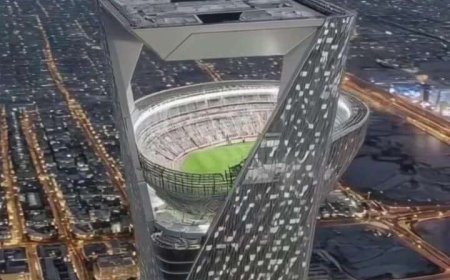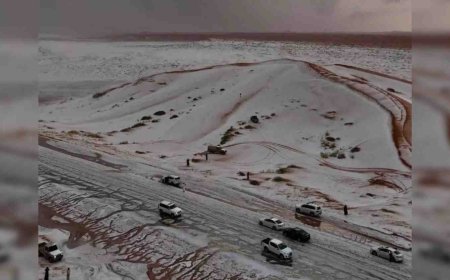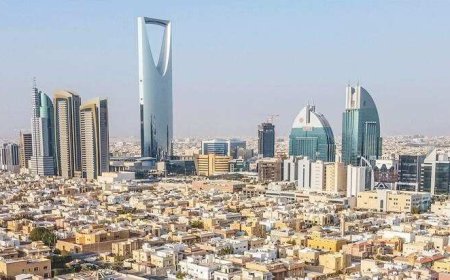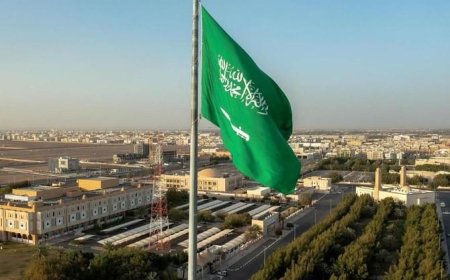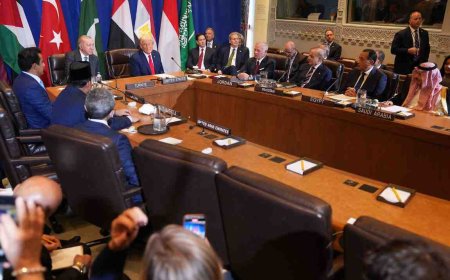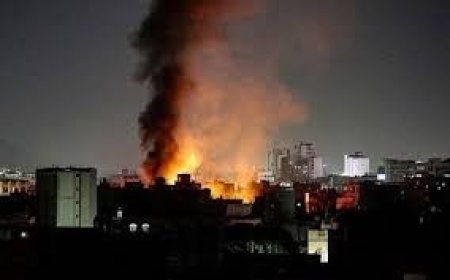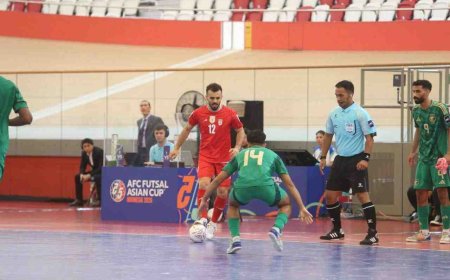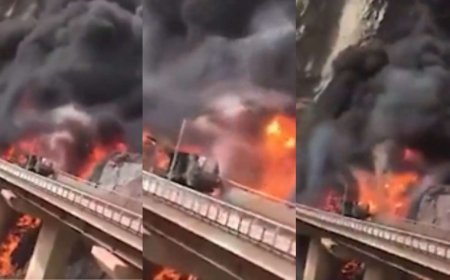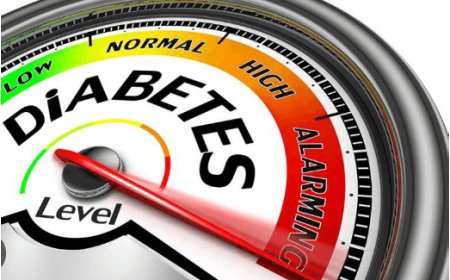Israel Tightens West Bank Raids After Jerusalem Attack
Following a shooting attack in Jerusalem, Israel intensified raids and imposed tighter restrictions across the West Bank, heightening tensions in the region.
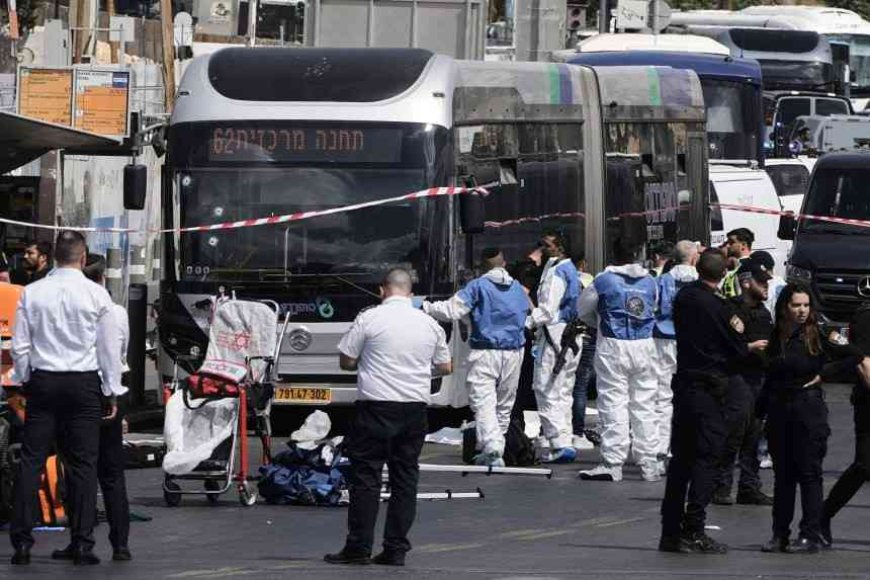
Israel Tightens West Bank Raids and Closures Following Jerusalem Shooting Attack
WEST BANK – In the wake of a deadly shooting in occupied East Jerusalem, the Israeli military has launched a sweeping series of raids and lockdowns across the occupied West Bank, sparking widespread fear and allegations of collective punishment against Palestinian communities.
The Trigger: Jerusalem Attack Prompts Military Response
On Monday, two Palestinian gunmen opened fire on a bus stop near the Ramot Junction in occupied East Jerusalem, killing six Israeli citizens and injuring many more. Israeli leaders promised revenge immediately after the bombing occurred.
In response, Israeli Army Chief Eyal Zamir launched a "resolute and ongoing campaign," resulting in a significant security crackdown in areas northwest of Jerusalem.
Widespread Raids, Closures, and Military Tactics
The military response was swift and severe. On Tuesday, Israeli troops stormed the town of Biddu, effectively sealing its entrances. The closure of the main road to al-Jib—a vital artery for approximately 70,000 residents—stranded people and cut off access to essential services.
The incursions quickly spread to other towns, including Qatna and Qubeiba. Reports from the ground detail the Israeli military’s use of live ammunition, noise grenades, tear gas, and allegations of toxic gas during clashes with local Palestinians. In Qatna, forces raided a residential building, detaining several young men.
Home Demolitions and Allegations of Illegal Punishment
A key part of the Israeli response involves home demolitions. Military engineers have begun surveying the family homes of the two suspected attackers in Qatanna and Qubeiba, with plans for their demolition already underway.
This practice is a long-standing Israeli policy criticized by major human rights groups and international bodies. Since the beginning of 2025, Israeli authorities have demolished at least 26 Palestinian homes, displacing over 70 people. Organizations like Amnesty International condemn these actions as a form of collective punishment, which is illegal under international law, as it targets families and communities for the actions of individuals.
The Human Toll: Fear, Displacement, and Psychological Distress
Beyond the physical damage, these operations inflict a deep psychological toll on Palestinian civilians. Raids conducted in the early hours, sudden closures, and the constant threat of violence create an atmosphere of pervasive fear and uncertainty. Communities across the West Bank, from Hebron to small villages like Biddu, face daily disruptions to their lives, loss of mobility, and the trauma of potentially losing their homes.
Broader Context: Escalating West Bank Violence
The recent crackdown is not an isolated incident but part of a significant escalation in Israeli military raids in the West Bank since the outbreak of the war in Gaza.
-
Increased Operations: Israeli forces have conducted frequent and aggressive operations in refugee camps and urban centers throughout 2025.
-
Settler Violence: A parallel rise in settler attacks on Palestinians, often with the reported support or acquiescence of Israeli soldiers, has further exacerbated tensions and violated Palestinian safety and property rights.
-
High Casualties: This period has been one of the deadliest in the West Bank in nearly two decades, resulting in high numbers of Palestinian casualties and mass detentions.
Summary: A Deepening Crisis
The Israeli military’s intensified raids following the Jerusalem attack have plunged West Bank communities into a deeper crisis. The closures of towns like Biddu, aggressive military tactics, widespread arrests, and the systematic demolition of homes highlight a strategy that blends immediate retaliation with long-term punitive measures. For Palestinians living under occupation, these actions reinforce fears for their immediate safety and their fundamental right to live with dignity, marking one of the most fraught periods in recent memory.
What's Your Reaction?







